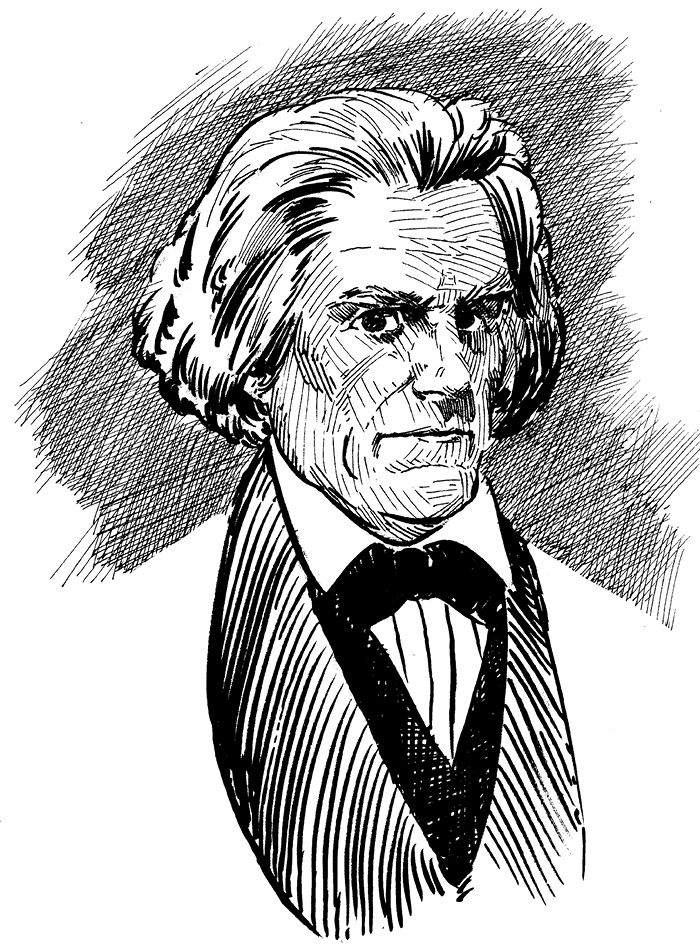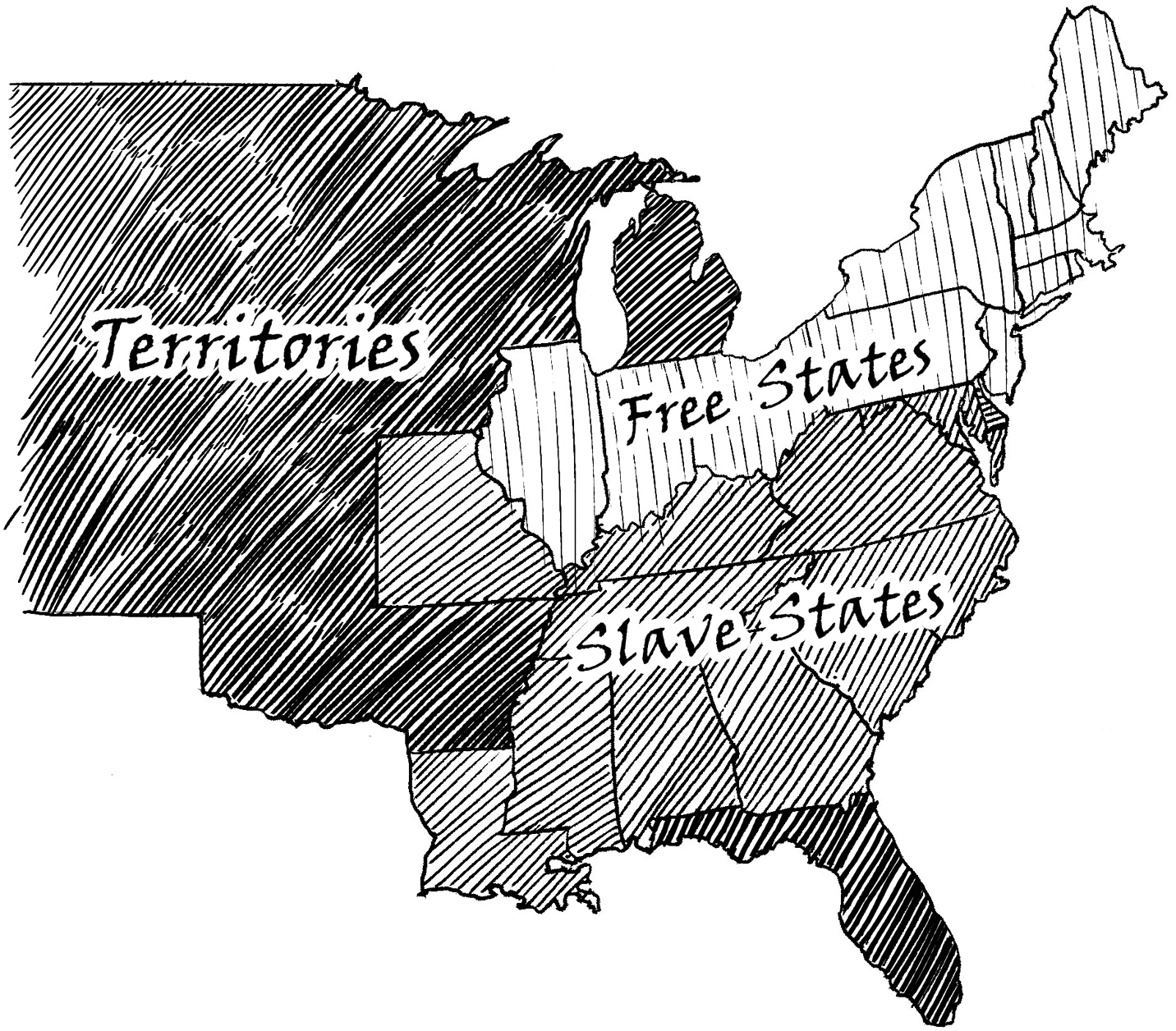CHAPTER 8
Behind the Scenes

John C. Calhoun
Even as president, Andrew Jackson still considered himself a man of the people. Many even called him “the people’s president.” Although he had been a congressman and a senator, he still did not trust politicians. He also had enemies in the government who supported former president John Quincy Adams. These enemies included John C. Calhoun, the man who happened to be Jackson’s vice president.
Andrew wanted to change things in Washington. He believed that many people in government jobs were corrupt and had held their positions too long. He decided to replace some of them with men he trusted. Other jobs were awarded to people who had supported him during his campaign. This became known as the “spoils system.” It was no better than the way things had been before and was actually just as corrupt. Jobs still were granted as favors and paybacks. The only difference was that Jackson’s appointees were not the wealthy and elite people of Washington whom he despised.
Every president has a cabinet, a group chosen to look after different areas of the government. Cabinet members are called secretaries. Jackson, however, relied much more heavily on the advice of his friends instead of his cabinet. This circle of unofficial advisors became known as the “Kitchen Cabinet.” It made Andrew even more unpopular with Washington politicians.

Free and slave states in 1830
At the time, one of the biggest questions was how much power to give individual states. Did the federal government have the right to tell them what to do? Many states, especially in the South, did not want a powerful federal government. They were afraid laws would be passed that they were against. Most of all, Southern states feared that slavery would be ended everywhere in the country.
Jackson believed strongly in holding the states together. He felt that if the federal and state governments were opposed to each other, the country would eventually fall apart. “Our federal union: It must be preserved!” he once declared.
At one point, South Carolina threatened to separate from the rest of the country. It was over a tax put on foreign goods that favored businesses in the Northern states. States like South Carolina had to pay higher prices for things bought from Europe in exchange for items Southerners sold, like cotton and tobacco. They called this the Tariff of Abominations. Vice President Calhoun was from South Carolina and supported his state instead of the president. He and Jackson argued, and Calhoun resigned in protest.
Jackson had always been stubborn, but he was also smart. There was no way he wanted South Carolina to leave the Union. So he accepted a compromise suggested by his old rival Henry Clay. The tariff would be lowered. In exchange, the president would now have the power to use the army to force states to obey national laws.
This compromise was very smart on Jackson’s part. Besides being able to carry out laws that he was for, Jackson also had the power to prevent Congress from passing some laws that he wasn’t for. As president, he could do this through something called a veto. A presidential veto prevents a bill passed by Congress from becoming law. Congress has the power to overturn a presidential veto, but it is difficult to do. Jackson wasn’t afraid to veto a bill he disagreed with. In fact, Jackson vetoed more potential laws than all six presidents before him put together!